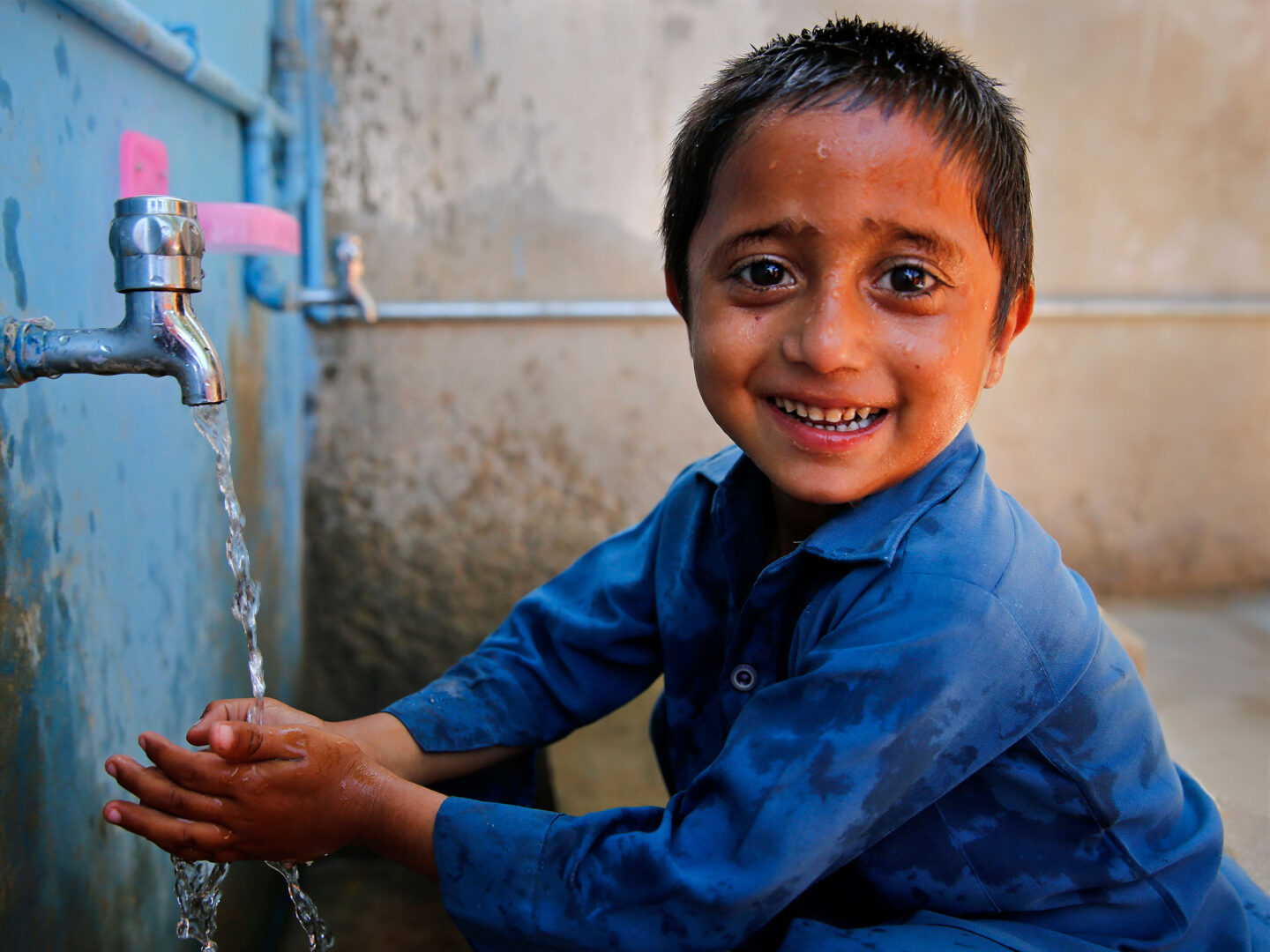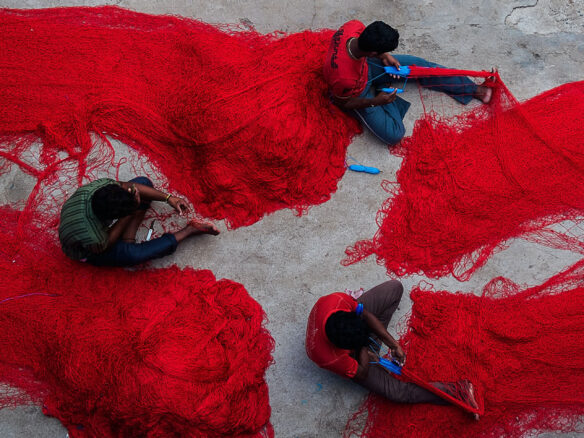In Phase 1 of the Global Program with WaterAid (2014-2017), we focused on ensuring clean water and sanitation for 250,000 school children, enabling them to stay in school and get the most out of their education. Although huge steps have been made in giving access to safe water, sanitation and hygiene services to millions of people worldwide, sustainability poses a critical challenge to the sector. In many countries, the systems and institutions needed to ensure sustainability are extremely weak or non-existent.
The need of strong systems
Building on the success of phase one, the second phase, reaching an additional 190,000 people addressed the underlying barriers that have an impact on the sustainability of services. Such barriers may be social, financial, environmental, institutional, legal, capacity-related or technical.
It’s evident that strong systems are needed to ensure lasting change and benefits to everyone in the society. System strengthening means understanding that WASH exists in complex systems with many component parts and within different social, economic, political and environmental contexts. It involves identifying and working to address the barriers in behaviours, policies, processes, resources, interactions and institutions that block achievement of inclusive, lasting and universal access to WASH.
”We are immensely proud of the initial steps towards real systemic, long-lasting change that have been taken in the program.”
Anna Johansen, Global Programme Manager SusWASH, WaterAid
“Access to water, sanitation and hygiene are basic human rights and not a privilege. But still, hundreds of millions of people around world are denied these basic rights. This has to change. Together, the H&M Foundation and WaterAid have been bold in our efforts to find innovative approaches to do so. We are immensely proud of the initial steps towards real systemic, long-lasting change that have been taken in the SusWASH program”, says Anna Johansen, Global Programme Manager SusWASH at WaterAid.
Some positive results already showing
Strengthening WASH systems takes time. However, many positive changes were observed within our Global Program for Water:
- In Cambodia, national and provincial WASH action plans have been reviewed by relevant ministries and updated on the basis of up-to-date data helping to inform investment decisions.
- In Ethiopia, a costed district WASH plan has helped to attract additional WASH investment to the district.
- In Uganda, in partnership with others, an order to improve the regulation of sewerage and faecal sludge management in Kampala was passed by Kampala City Council.
- In Pakistan, the province-wide school management information system now includes WASH indicators to enable school WASH status to be monitored and measured over time to inform decision-making.


